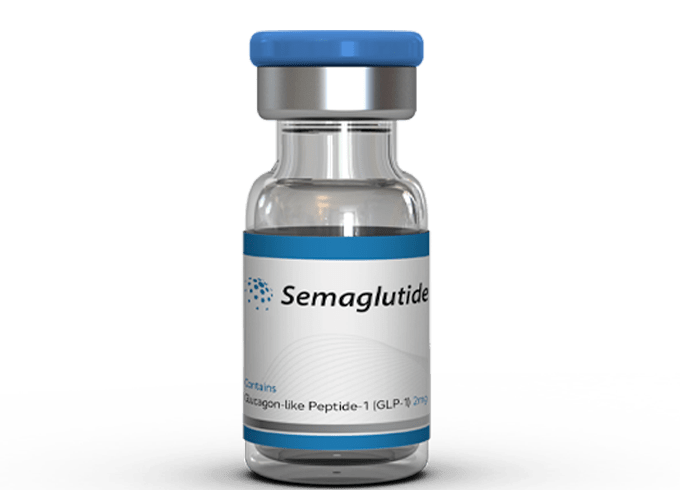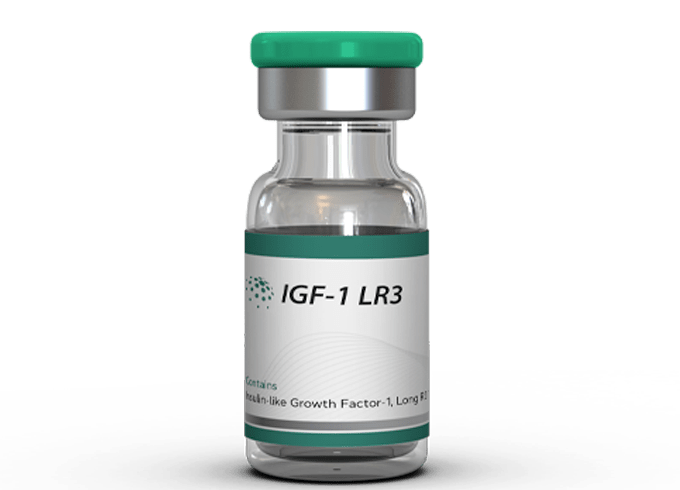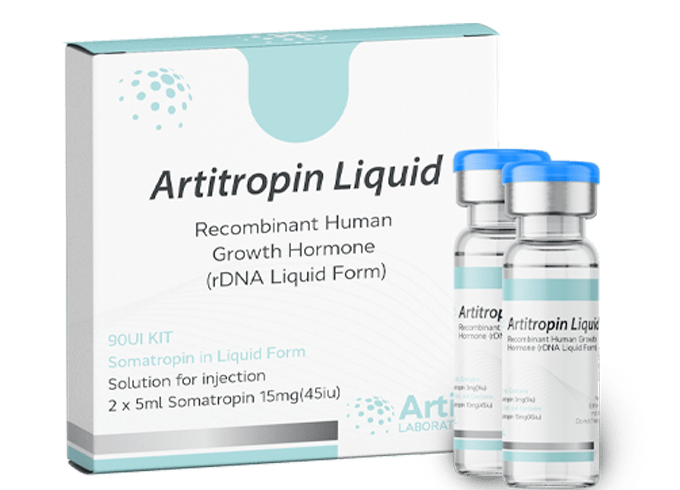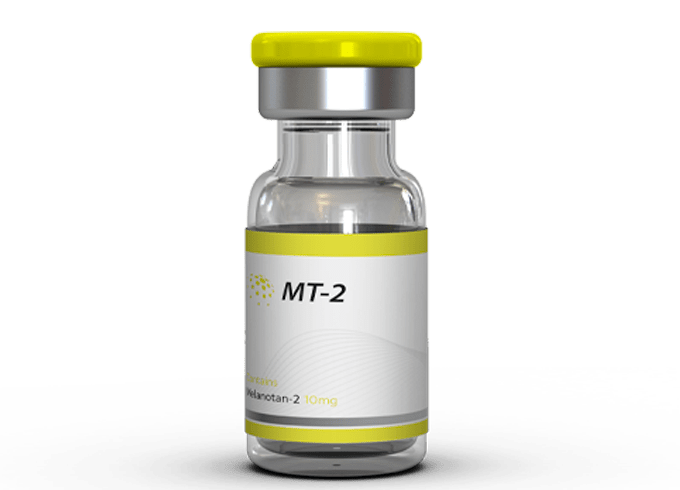Description
PHARMACOLOGICAL CLASS
GLP-1, a naturally occurring hormone, plays a pivotal role in regulating glucose levels, appetite, and cardiovascular function. Its effects on glucose concentration and appetite are specifically mediated by the GLP-1 receptor agonist (GLP-1R), which is found in the pancreas and brain. Semaglutide, at pharmacological concentrations, effectively lowers blood glucose levels and body weight through a combination of mechanisms.
In addition to its presence in the pancreas and brain, GLP-1Rs are also found in specific regions of the heart, blood vessels, immune system, and kidneys, suggesting potential cardiovascular and microcirculatory benefits upon activation.
One of the distinct advantages of semaglutide is its extended half-life, lasting approximately one week, allowing for once-weekly dosing. This is achieved through its binding to albumin, which reduces kidney excretion and safeguards against metabolic breakdown. Furthermore, semaglutide’s stability against cleavage by dipeptidyl peptidase-4 ensures prolonged activity.
Semaglutide effectively reduces blood glucose levels by stimulating insulin secretion in a glucose-dependent manner while simultaneously suppressing glucagon secretion. This dual action helps control blood sugar levels. Additionally, semaglutide mildly delays gastric emptying during the early postprandial phase.
It’s worth noting that during hypoglycemia, semaglutide reduces insulin secretion without affecting glucagon secretion, ensuring a balanced response to low blood sugar situations. Overall, semaglutide’s multifaceted mechanisms make it a valuable option for managing glucose regulation, appetite, and potentially offering benefits for the cardiovascular system.




